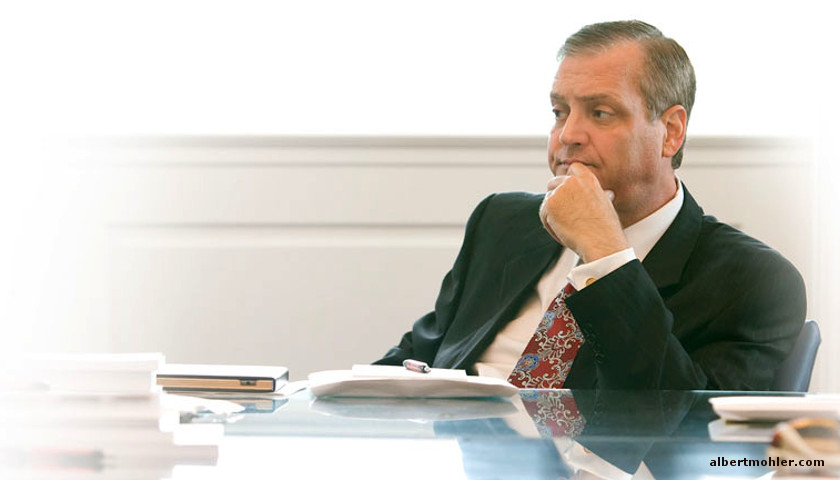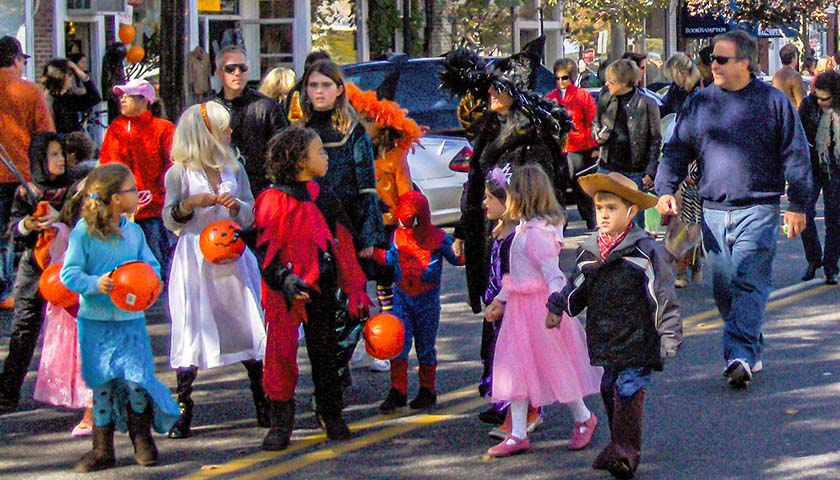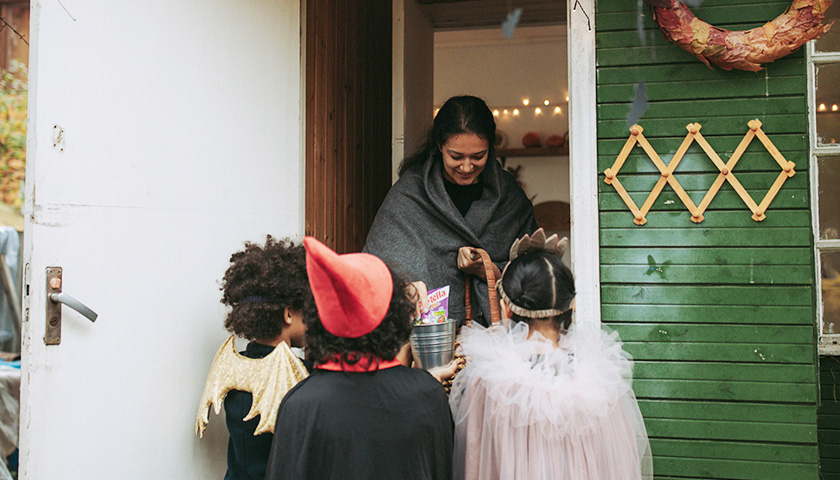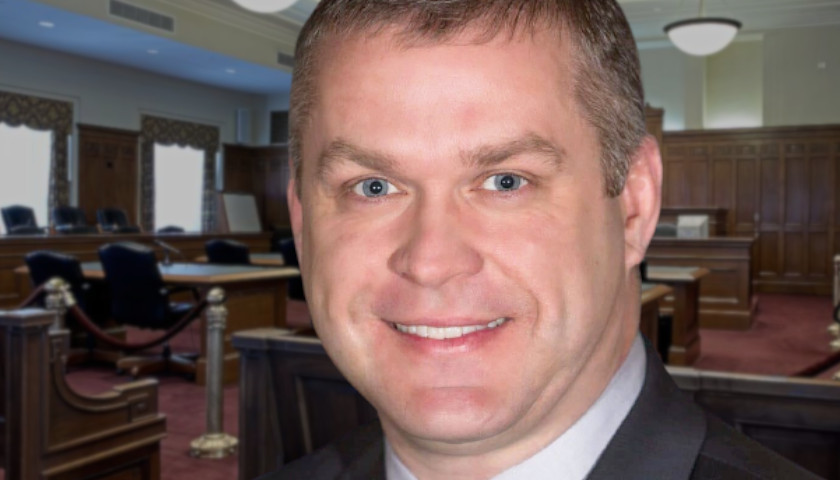In his daily podcast Monday, Al Mohler said something likely to give many Christians a chill down the spine.
“It can now be argued that Halloween is the biggest spiritual holiday on the American calendar,” said Mohler, president of the Southern Baptist Theological Seminary in Louisville, Kentucky.
Our culture has been secularizing Christmas and Easter, which are now largely about Santa Claus and the Easter Bunny, Mohler noted on The Briefing. The opposite has been happening with Halloween, which has become more spiritual as Americans are drawing out and celebrating its pagan origins, he said, describing how this marks a change from a few decades ago, when Halloween was a peripheral holiday mostly for children. Today, with adults also celebrating Halloween, the holiday is second only to Christmas in economic activity.
Halloween, Mohler said, “has grown ever more dark.”
Historically, Halloween had its beginnings in the European Celtic festival of Samhain at the end of summer as winter beckoned. It was believed that Samhain, the lord of the dead, or the lord of darkness, sent out evil spirits to attack people at this time of year, and that people could escape only by donning disguises to look like evil spirits themselves. Medieval Christians later tried to restrain the pagan influence by establishing All Saints Day and All Hallows Eve the night before. The word “hallow” means to make holy.
Mohler said there is evidence that the ancient pagan festival included animal and human sacrifices and transgressive sexual practices.
In the U.S., Halloween has taken a darker turn as It’s the Great Pumpkin, Charlie Brown has given way to slasher films and other dark cinematic explorations of evil, a trend that has coincided with America’s slide into a post-Christian age, Mohler said.
“While the courts remove all theistic references from America’s public square, the void is being filled with a pervasive fascination with evil paganism and even new forms of the occult,” Mohler said.
Mohler said Christians are not to celebrate evil, but rather the victory of Christ over evil.
At the end of his podcast, Mohler encouraged listeners to focus this week on the 500th anniversary of the beginnings of the Protestant Reformation. On Oct. 31, 1517, German monk Martin Luther nailed his 95 Theses to the door of the Castle Church in Wittenberg, which eventually led to a break with Catholicism and the formation of Protestant denominations.








